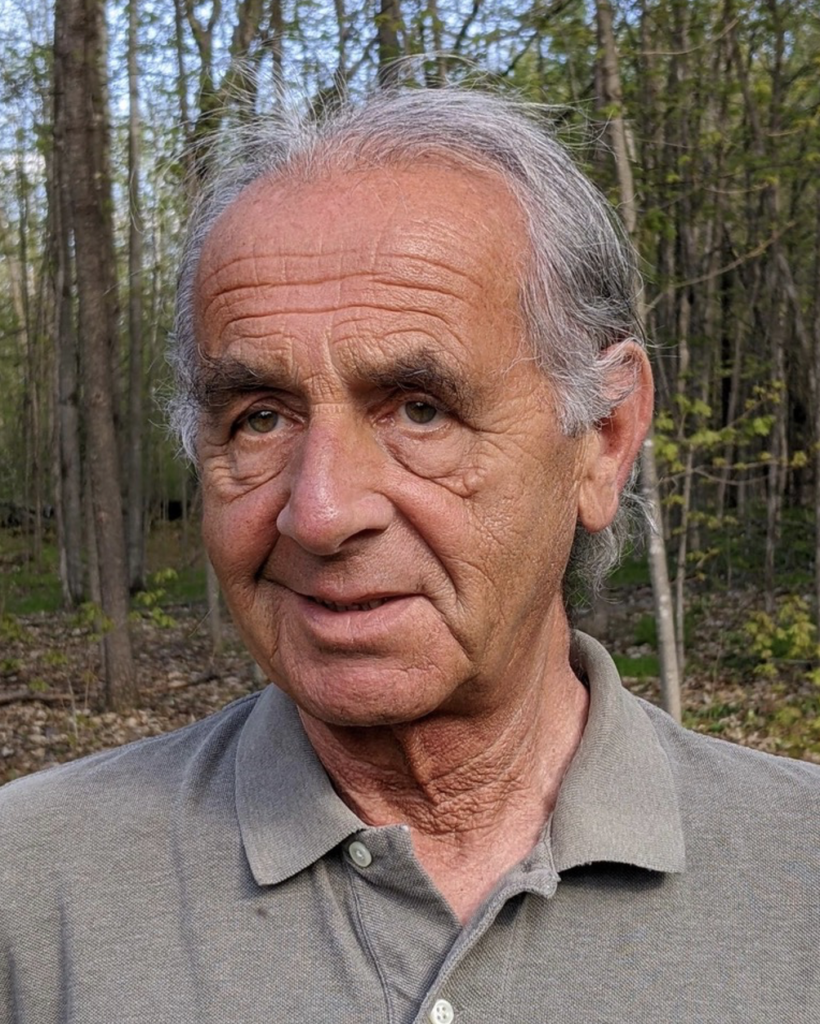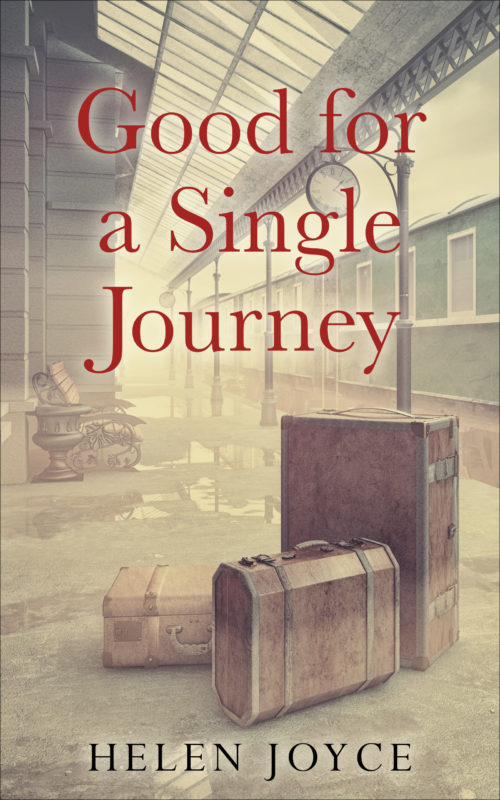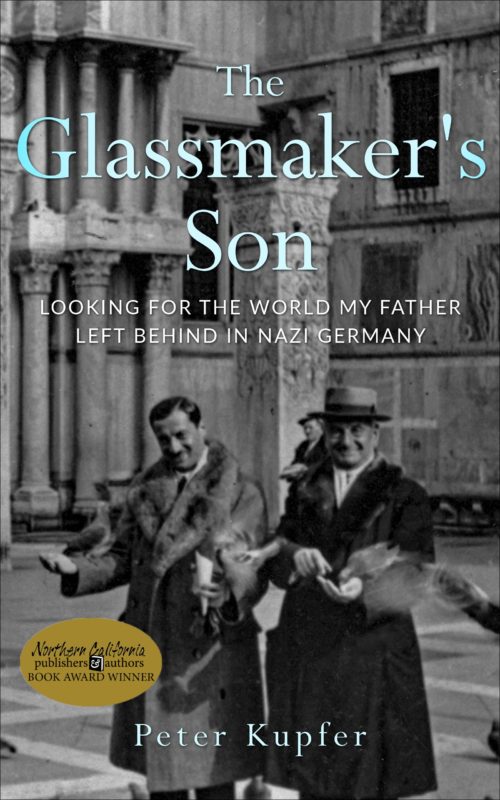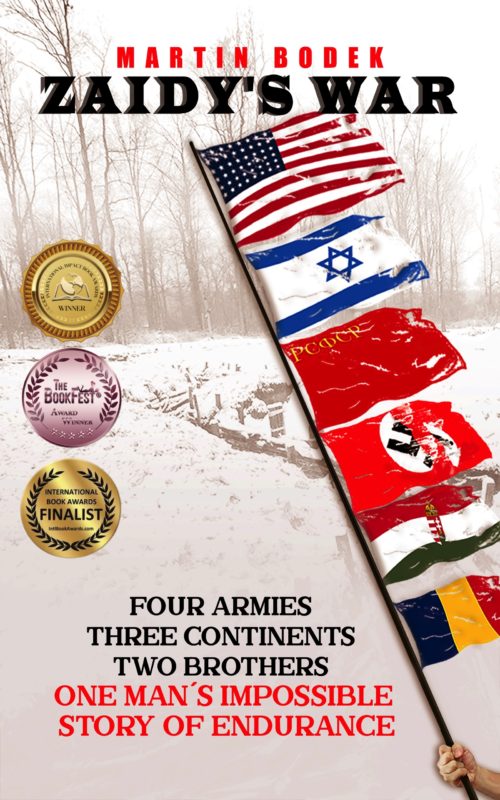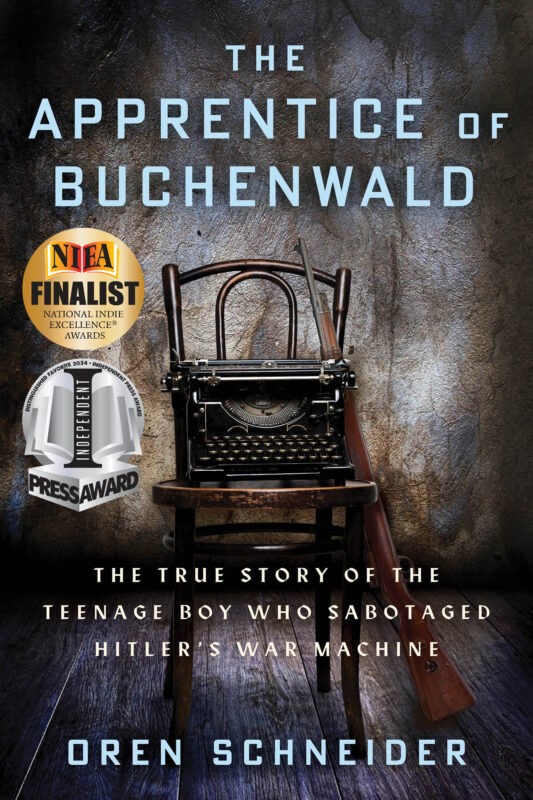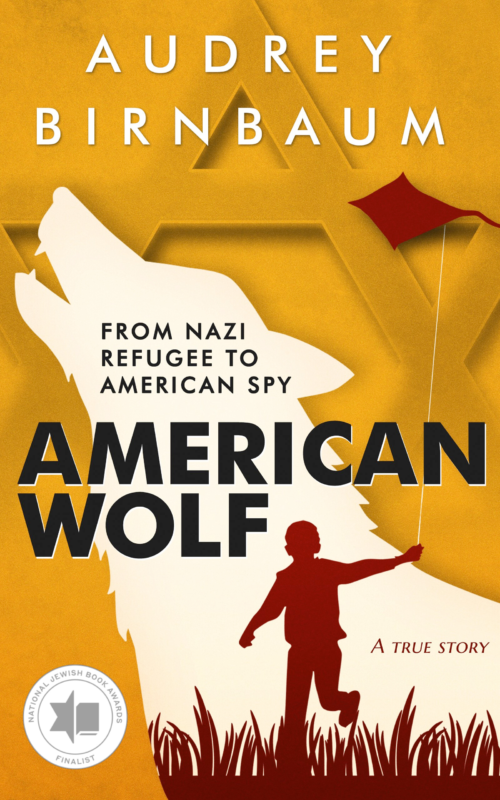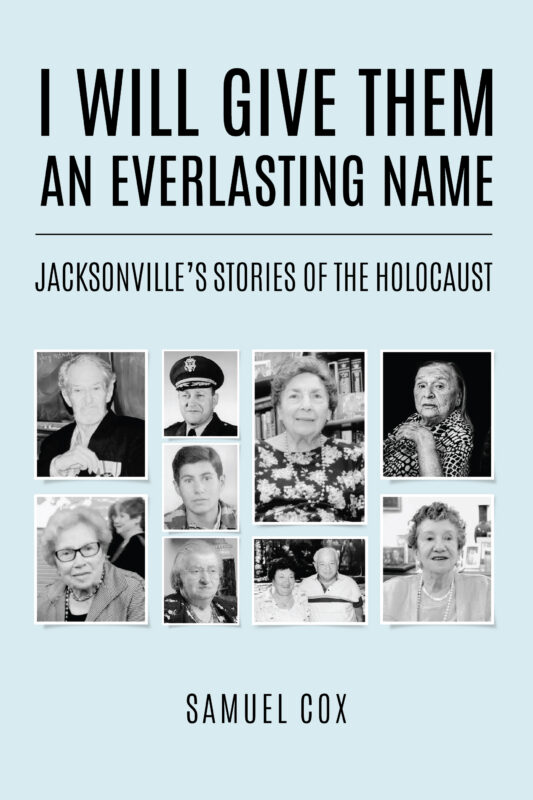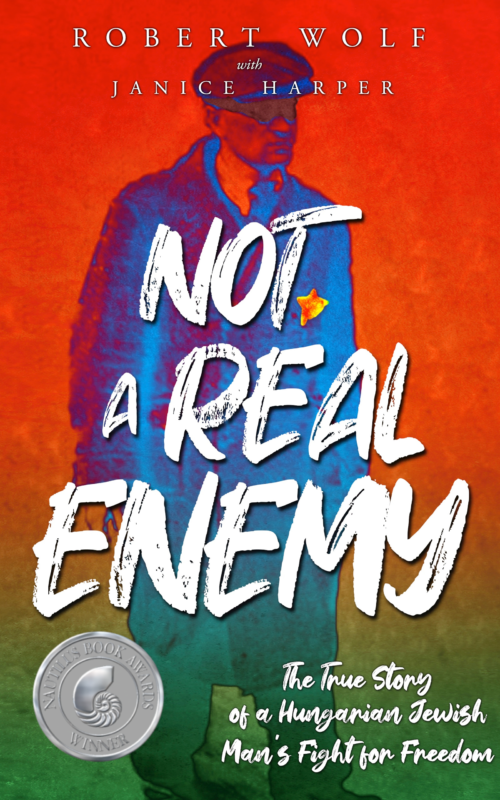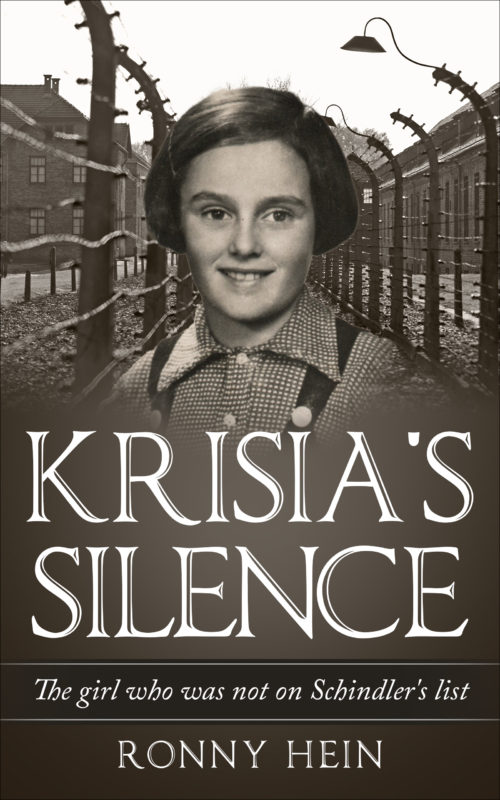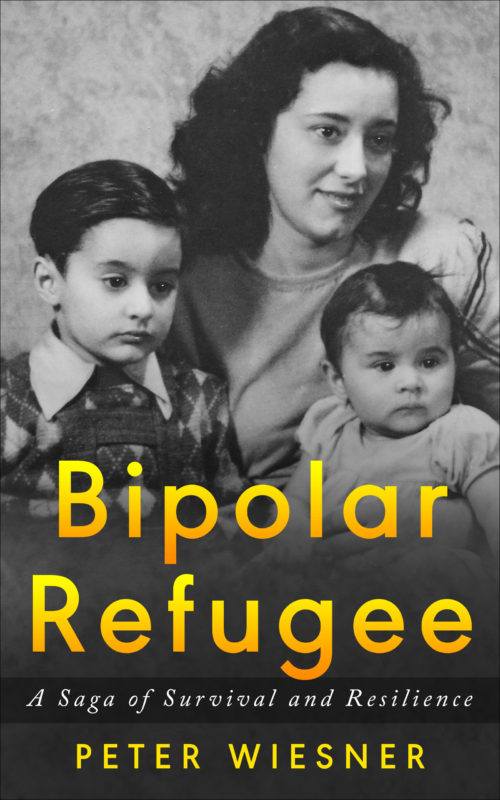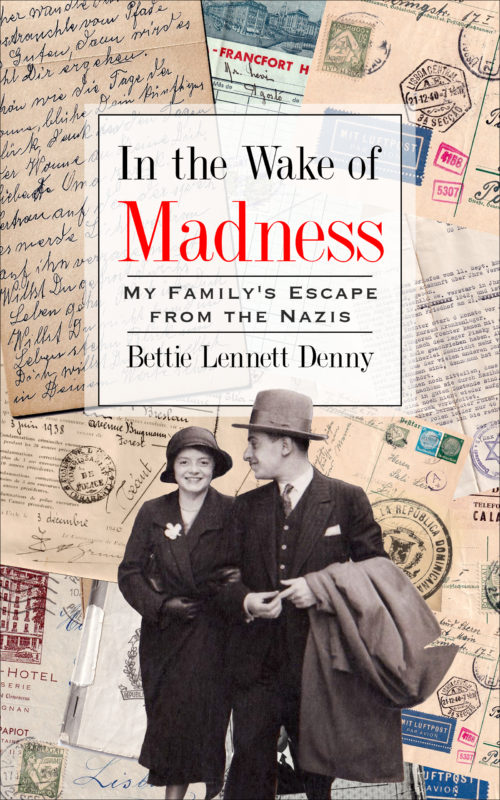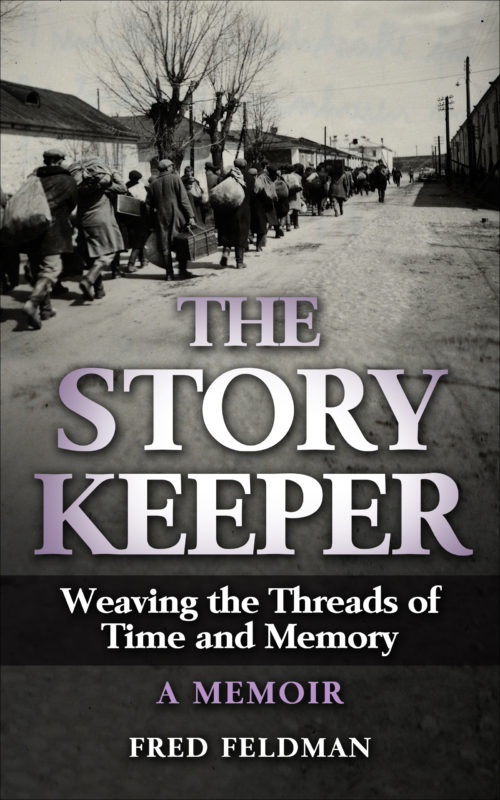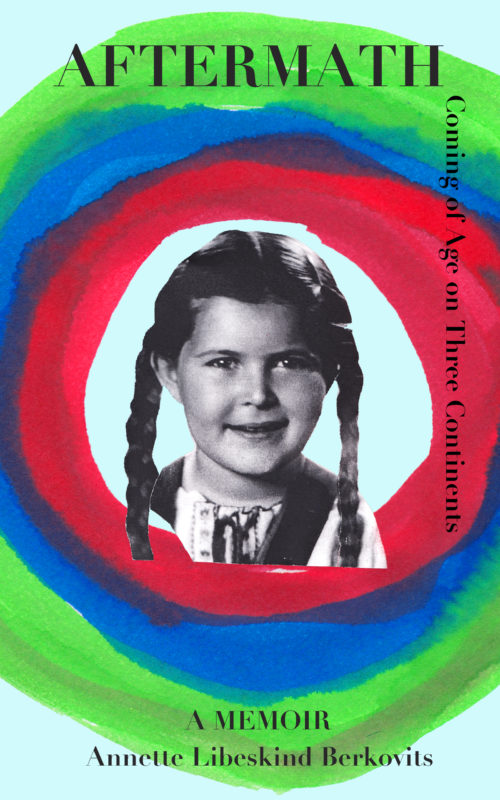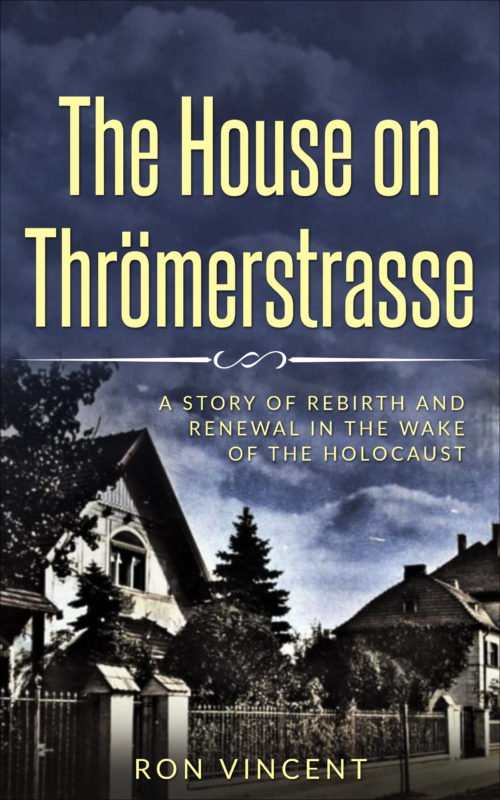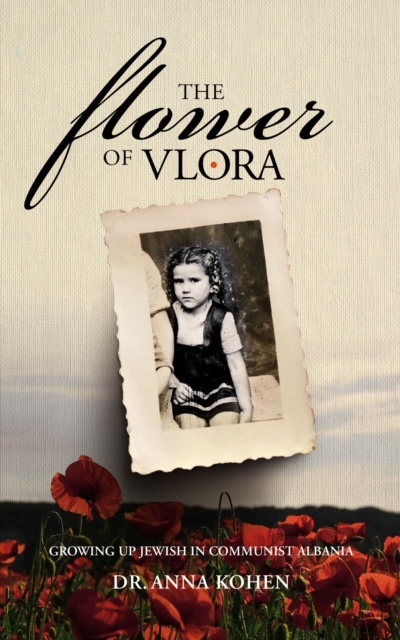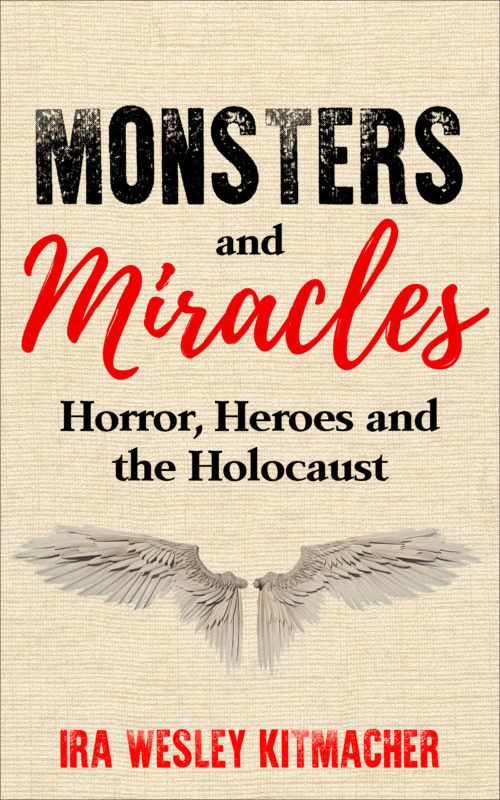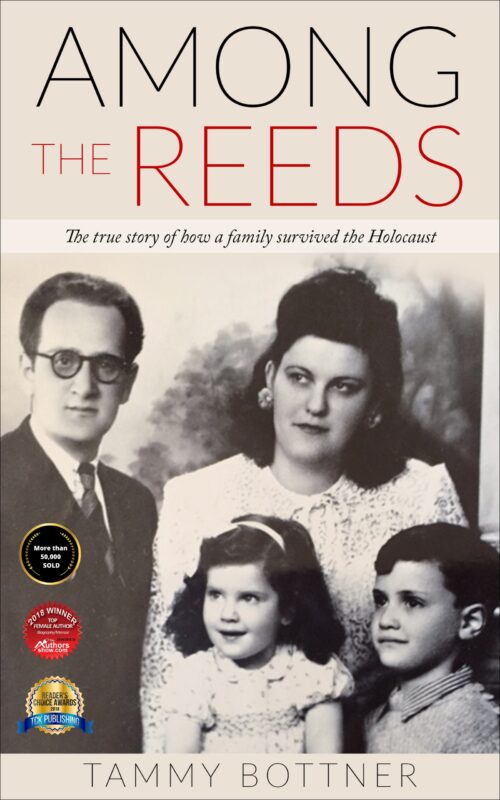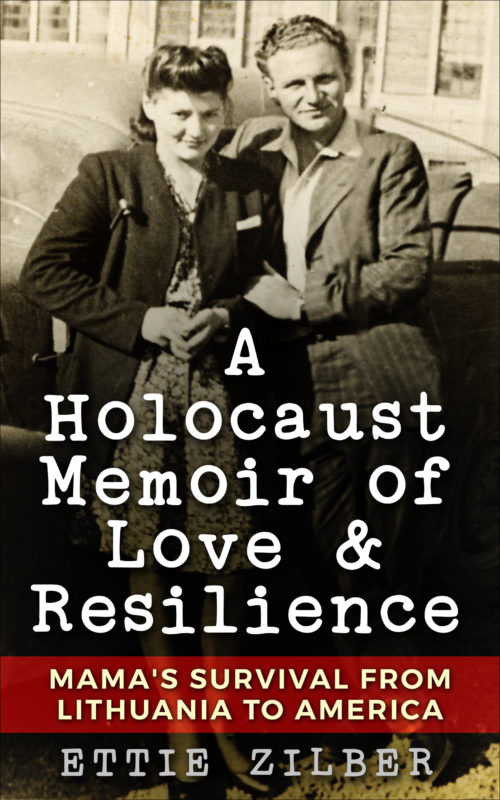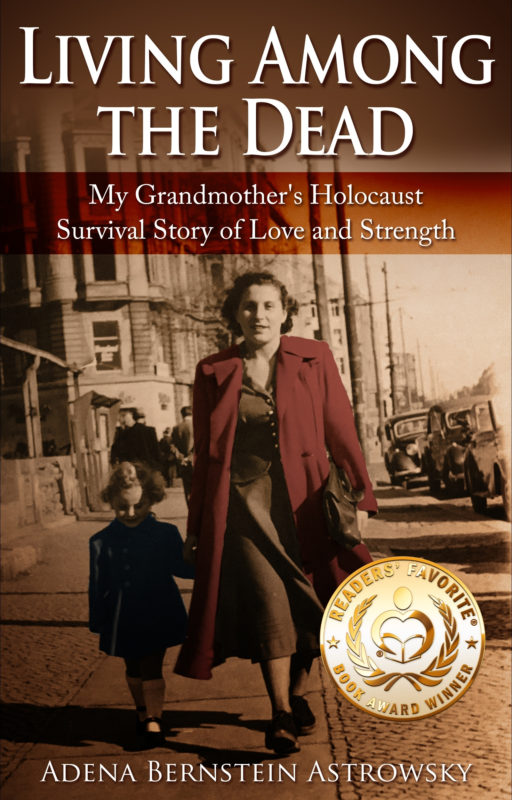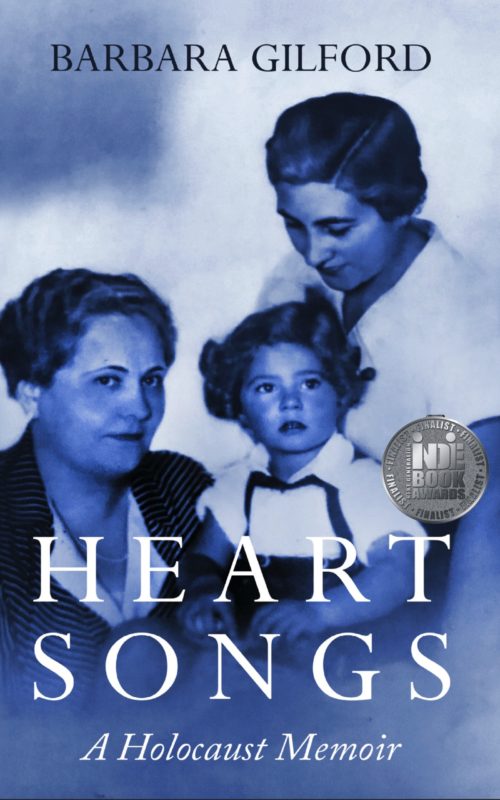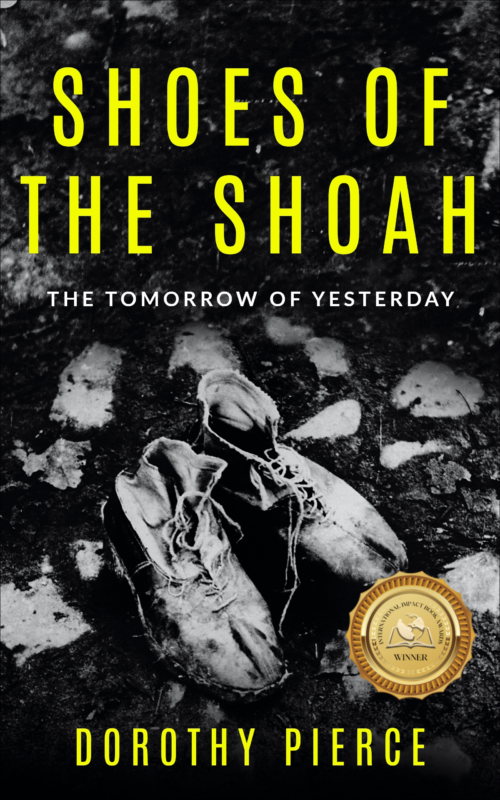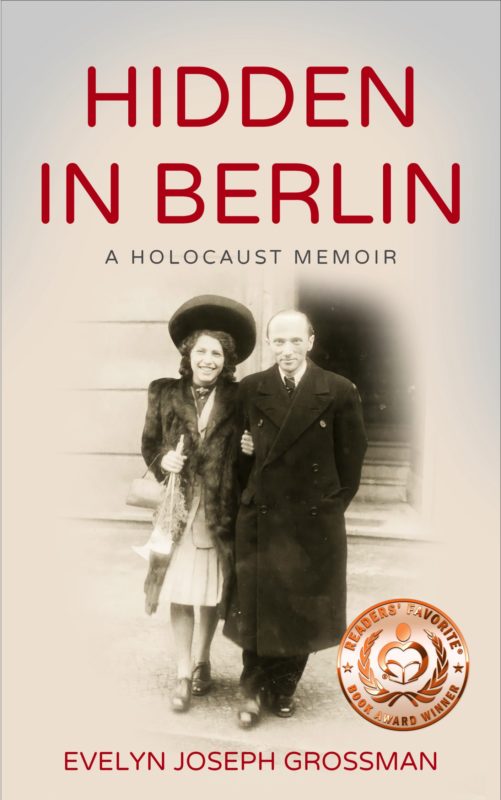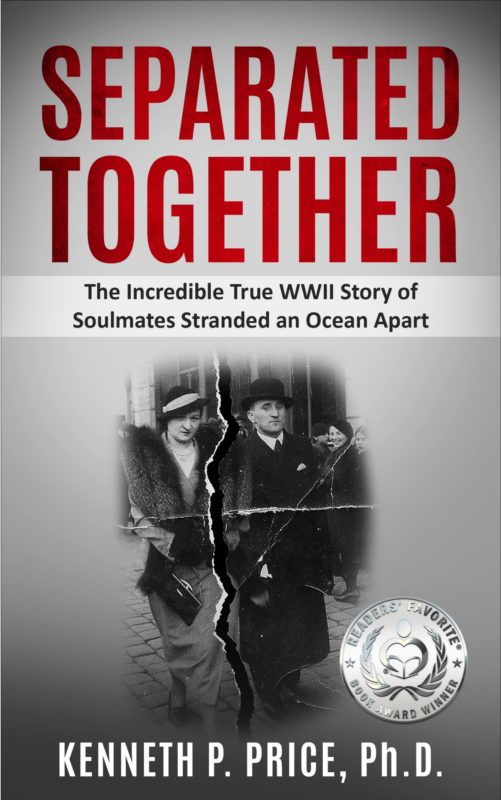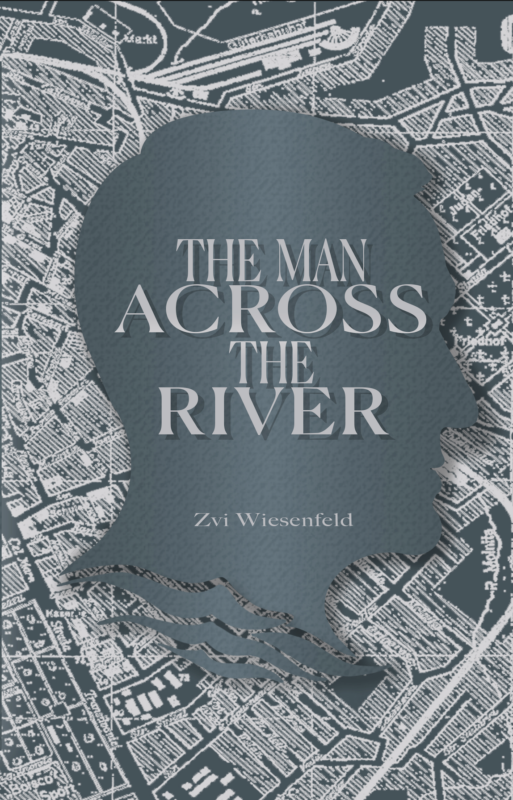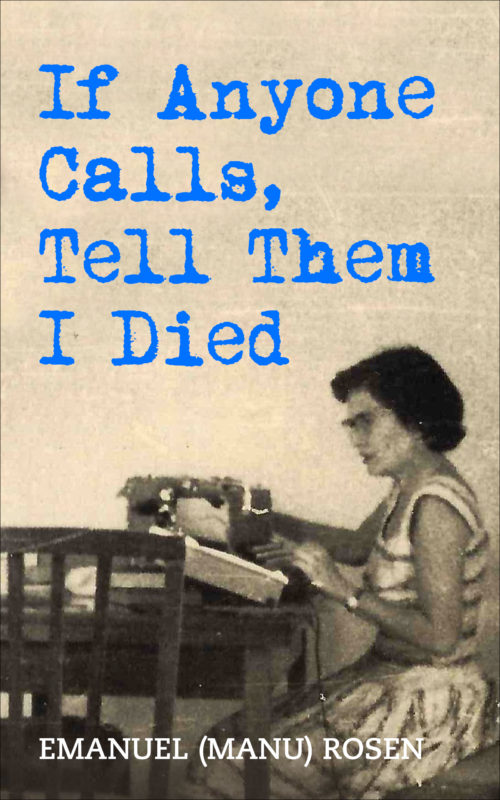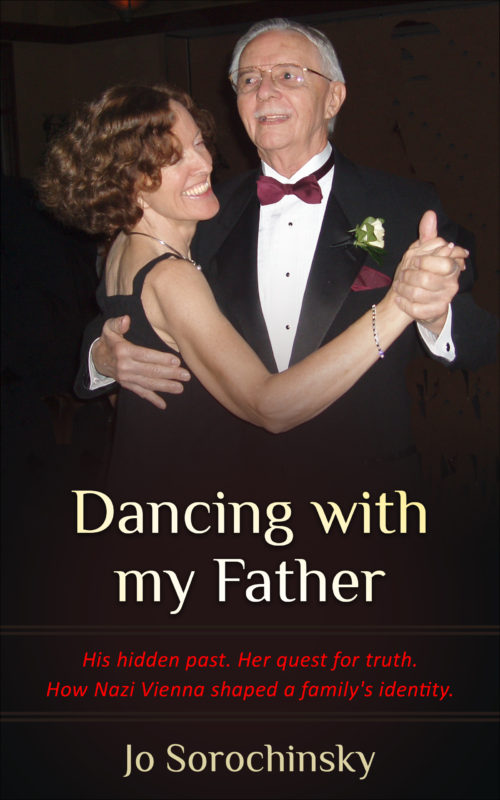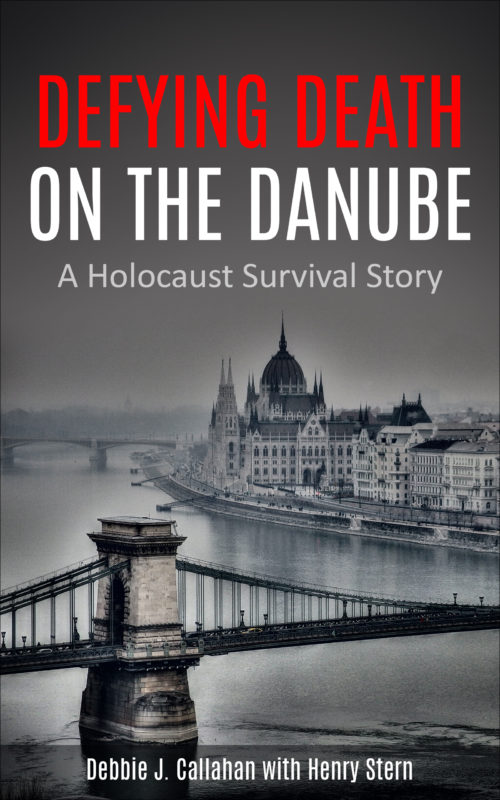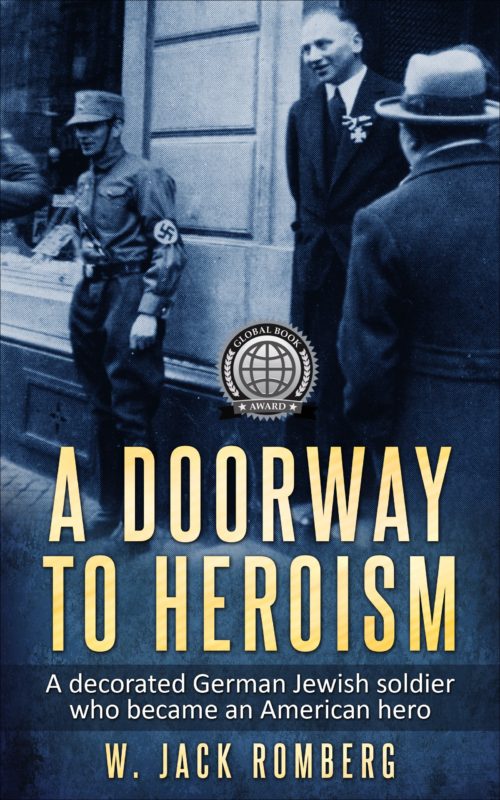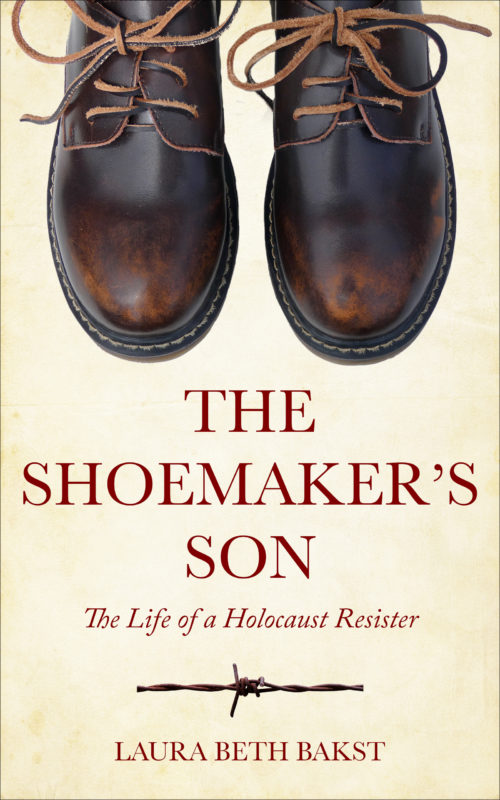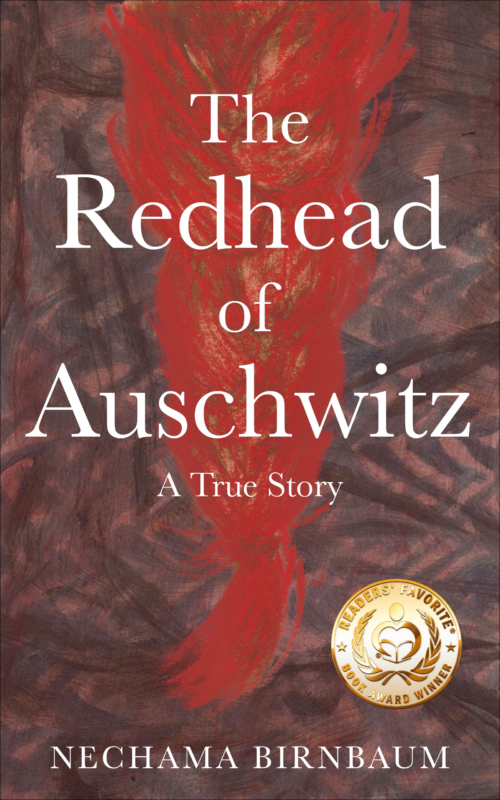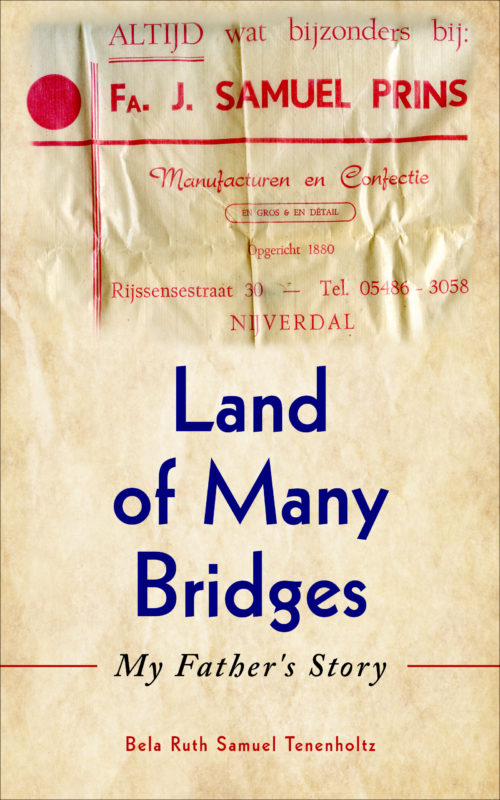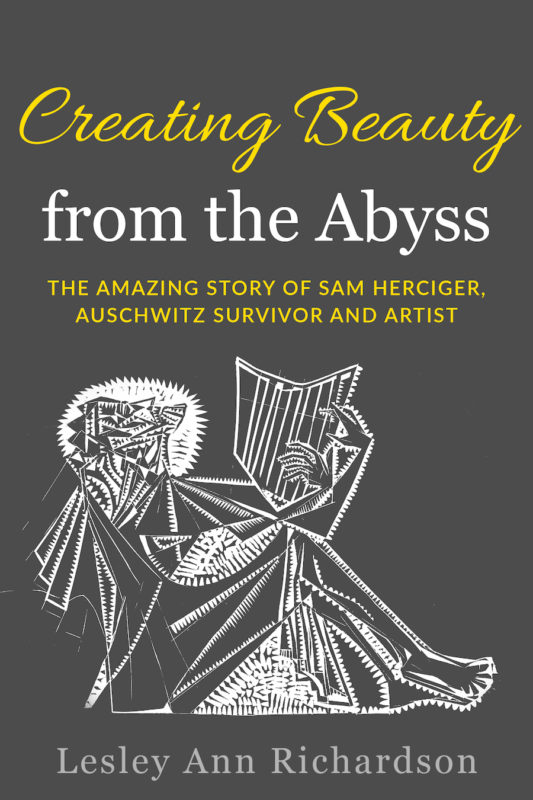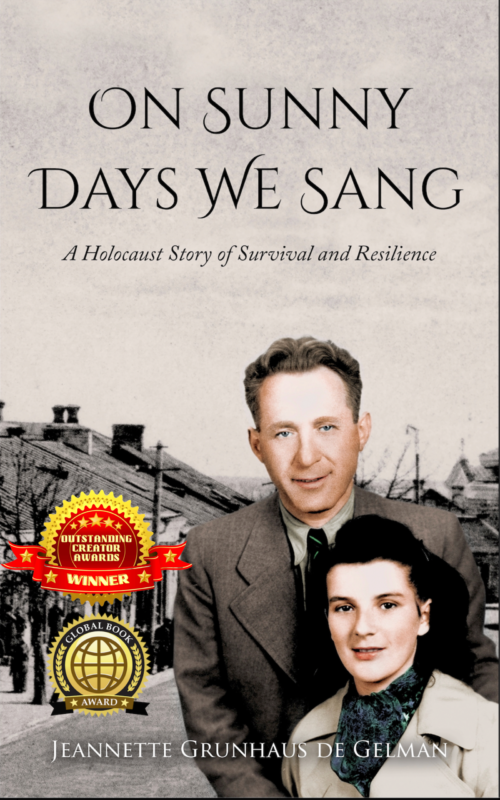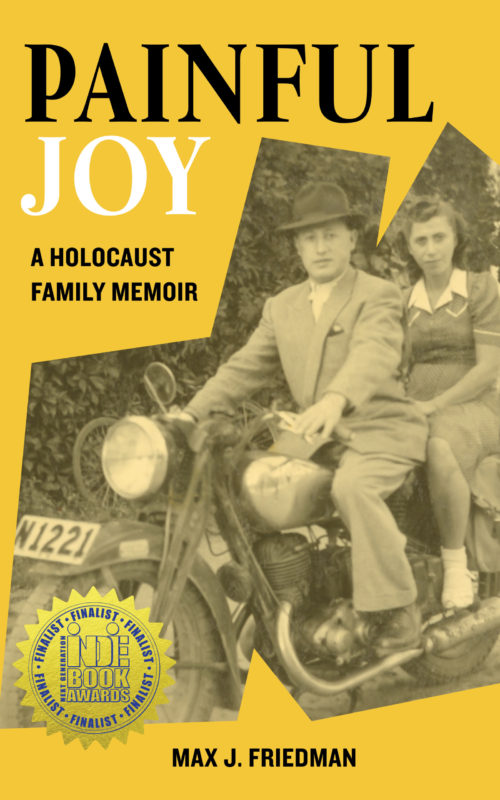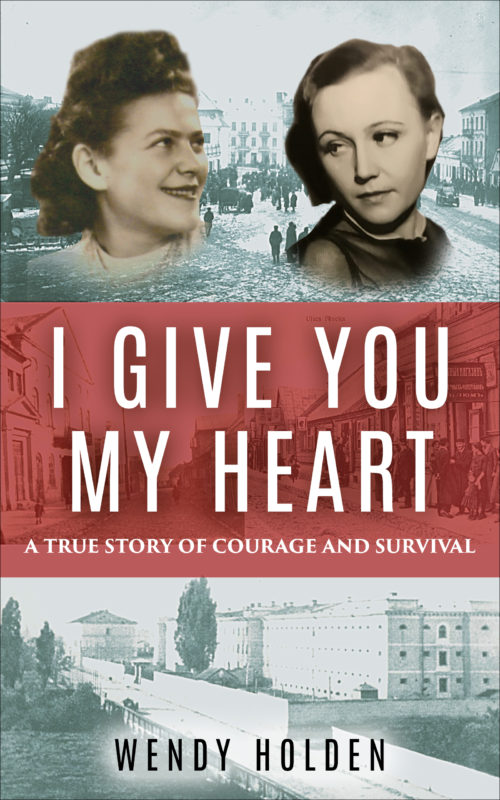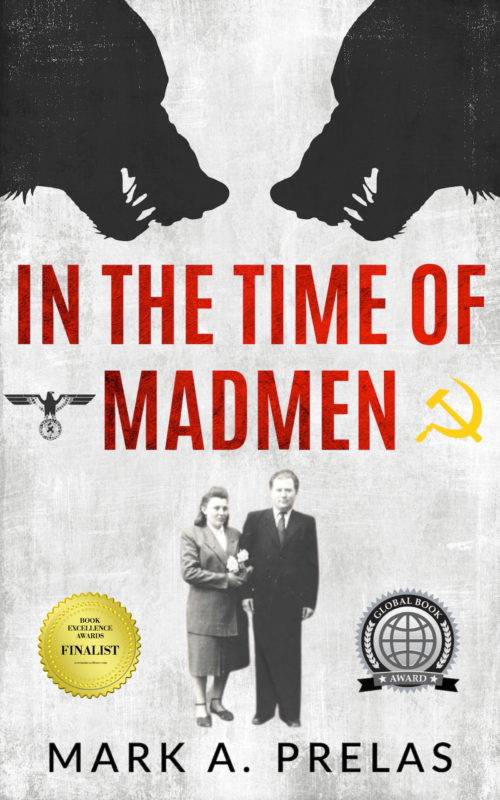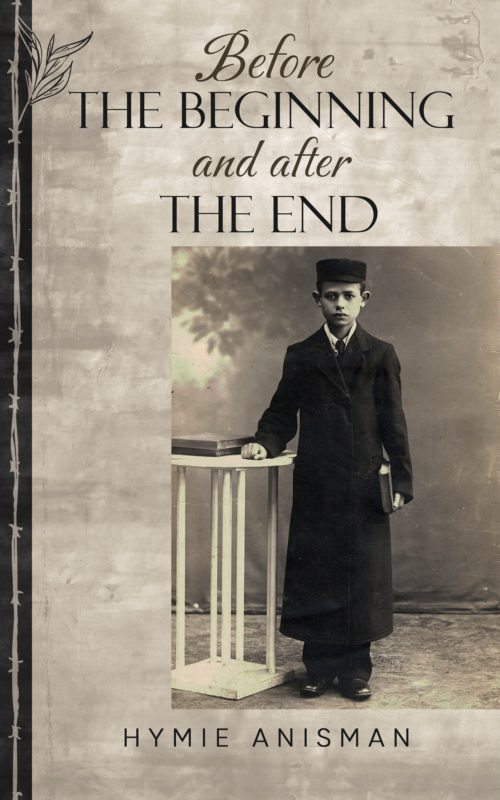
A true Holocaust story
The Nazis and their collaborators found diverse ways of diminishing, humiliating, and ultimately murdering Jews. Despite the horrors experienced during the Holocaust, survivors could find strength through one another and by finding meaning in their lives, denying the evil madman the victory he desired.
How do survivors of genocide come to terms with the horrors they witnessed and experienced? Do they become shells of what they had been, or do they find meaningful ways of re-establishing their lives and move forward productively.
In this book, part memoir and part historical novel, the life trajectory of several Shoah survivors is described, including the author’s parents, sister, aunt, uncle, cousins, and family friends. Some were able to survive by leaving subjugated countries before the Nazis could imprison them, others were able to hide in forests or in the homes of Righteous Christians, and a few others somehow survived the terror of the concentration camps.
The book focuses on issues that bring out the best and worst of people, and of governments and their agencies that too often did little to rescue Jews or to mete out punishments even to those who committed the most heinous atrocities.
Most of the author’s family, including grandparents, brothers, and sisters did not survive, but parts of their stories are told in this book. The lives of survivors prior to and during the Shoah is described as are their post-Shoah experiences that allowed them to reclaim their identities and begin anew.
LAUNCHED: 22 February 2024



